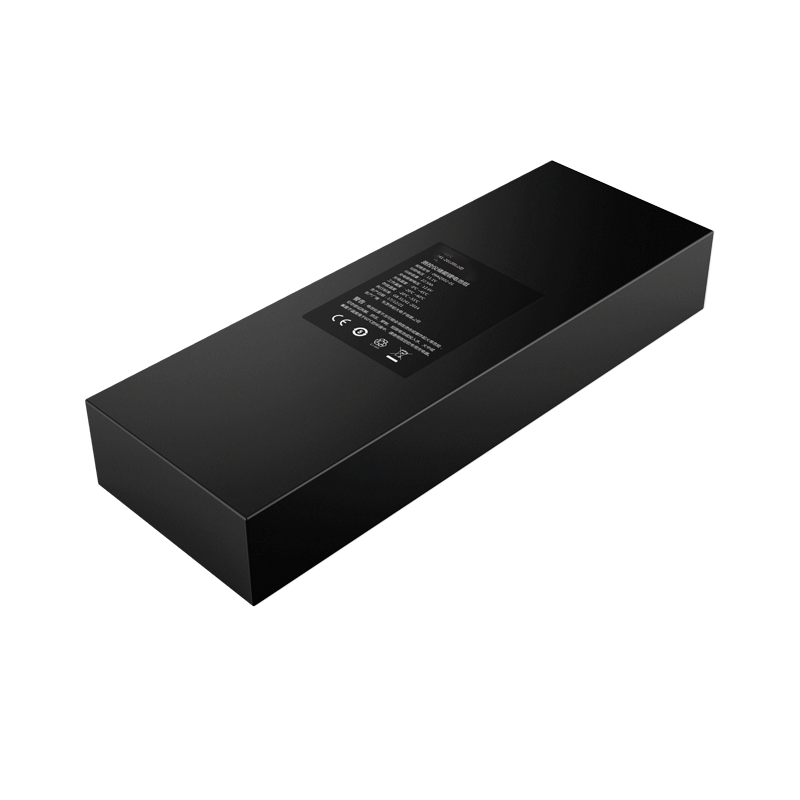
1. Introduction
Rechargeable batteries play a key role in powering our modern portable electronics. But what are the different types of rechargeable batteries, and which devices are they used in? In this guide, we compare several common rechargeable battery types and their specific applications to help you choose the right option.
2. Different Types of Rechargeable Batteries and Their Applications
Below is a comparison of the most common rechargeable battery types, their features, and typical devices they are used in:
| Battery Type | Key Features | Typical Applications |
|---|---|---|
| Ni-MH Cylindrical Battery | High capacity, environmentally friendly, no mercury/lead/cadmium, overcharge protection | Audio devices, camcorders, mobile phones, cordless phones |
| Ni-MH Prismatic Battery | High capacity, environmentally friendly, overcharge protection | Emergency lights, notebook computers |
| Ni-MH Button Cell | High capacity, environmentally friendly, overcharge protection | Mobile phones, cordless phones |
| Ni-Cd Cylindrical Battery | High load capability | Audio devices, power tools |
| Ni-Cd Button Cell | High load capability | Cordless phones, memory backup devices |
| Li-ion Battery | High energy density | Mobile phones, notebook PCs, camcorders |
3. Features of Rechargeable Portable Batteries
Every battery is essentially an energy converter. It transforms stored chemical energy into electrical energy. For rechargeable batteries, this process is reversible: during charging, electrical energy is converted into chemical energy, and during discharge, chemical energy is converted into electrical energy. Rechargeable (secondary) batteries can complete this cycle hundreds or even thousands of times.
The most common rechargeable portable battery types include lead-acid batteries (2V per cell), Ni-Cd batteries (1.2V per cell), Ni-MH batteries (1.2V per cell), and lithium-ion batteries (3.6V per cell). These batteries typically have a relatively stable discharge voltage plateau, with voltage dropping rapidly at the very beginning and end of the discharge cycle.
4. Why Lithium Batteries Are Ideal for Cameras
Lithium batteries can deliver very high energy density (around 800 mWh/cm³). They also offer excellent charge retention and high load-bearing capacity. Their longer operating time and higher output voltage (around 3V) are critical for modern cameras. With more automatic features and higher energy demands, the latest generation of cameras require batteries that can handle high loads and extended usage time. That is why lithium batteries are the best choice for today’s cameras.
5. Batteries Used in Watches
Various button cell batteries are used in watches, and the preferred chemistry is usually silver oxide. The watch manual usually lists the compatible button cell types. Simple analog watches and basic digital watches typically use low-consumption silver oxide cells.
Besides silver oxide, alkaline manganese batteries and lithium button cells can also be used in watches. Alkaline button cells are common in lower-cost watches, but are often replaced by silver oxide cells because of their more consistent voltage and longer life. Lithium button cells (such as CR2025, 20mm diameter, 2.5mm height) are used in multi-function watches. There are about 12 different size variations with different heights and diameters.
6. Conclusion
Understanding the different types of rechargeable batteries and their ideal applications helps you make better choices for device design, purchasing, or replacement. From Ni-MH to Li-ion technologies, each battery type offers different levels of capacity, load handling, and environmental performance.
If you are also looking into battery pack low voltage issues, we recommend reading our other post: Battery Pack Low Voltage Causes and Solutions.
For OEM or custom battery pack solutions, feel free to contact HRLi Battery for tailored recommendations.
External reference: Rechargeable battery – Wikipedia
For more details or custom solutions, please visit our About Us pagehttps://hrlibattery.com/about-us/ or Contact Us https://hrlibattery.com/contact-us/
